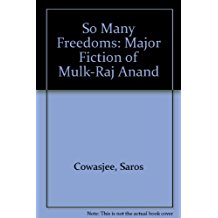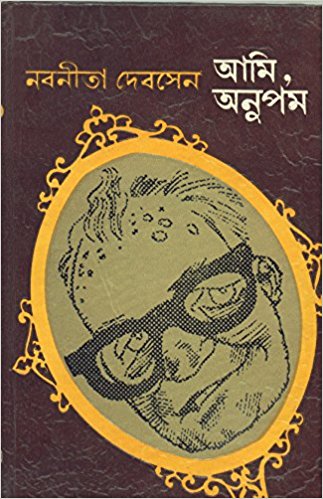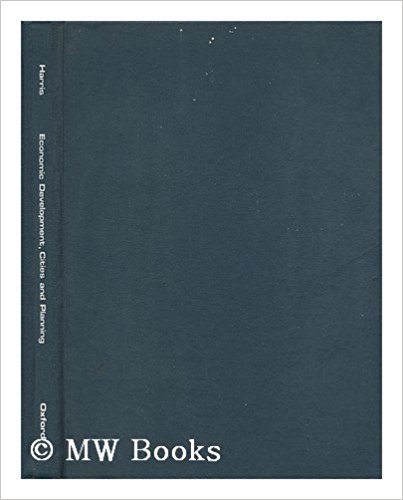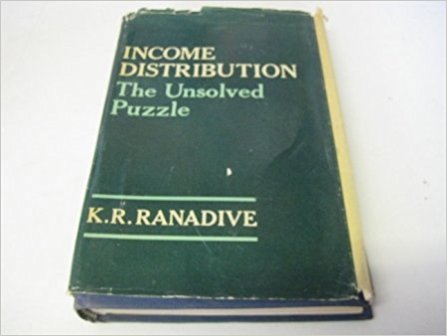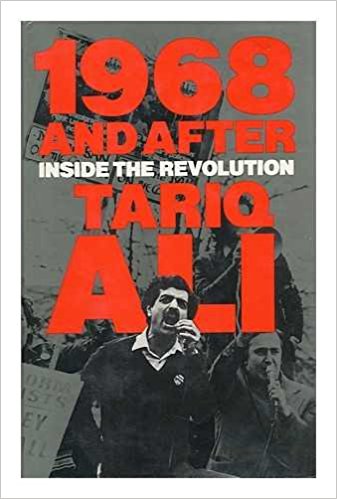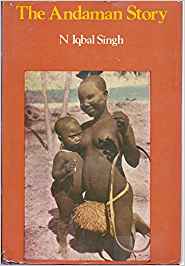It is not an easy task to review a set of volumes, the first of which begins with the Paleolithic and Mesolithic ages, and the third ends with a chapter, devoted to the ‘Development of Socialist culture.’ In fact, considering that the contents of the first volume are far removed in time from October 1917 the title is a bit of a misnomer…
Archives
Jan-Feb 1979 . VOLUME 3, NUMBER 4The world over, the bureaucracy is fair game for anyone who wants to have a go at it. Very few institutions have been as reviled, jeered at and abused as continuously as the bureaucracy. Not that it is entirely unwarranted, as anyone who has had to go to a Government office and deal with forms or permits knows…
Vidya Dehejia who has published two important books, Early Buddhist Rock Temples (1972) and Early Stone Temples of Orissa 91978), is a dedicated scholar of Indian art. But in the present publication she steps down from the high pedestal of specialized scholarship to perform what is a very important task…
Hegel said that every great man places history under an obligation to understand him. No student of history would today accept this dictum: rather, he would regard almost all so-called great men as irrelevant, if not diversionary nuisances. Yet it is worth spending a little time on C.R. First of all…
1978
Feelings and emotions, however trite, can never be classed as meaningless, but one’s way of portraying them can often fall short of an aesthetically acceptable standard. The Salt Doll is erotica without style. It is peopled with characters whose actions are largely conditioned by their own private compulsions…
Mulk Raj Anand’s first novel Untouchable was published in 1935. Anand, then a Bloomsbury intellectual, had written the first draft over a long weekend in 1930: ‘the book poured out like hot lava from the volcano of my crazed imagination’. He revised the book after a short stay with Gandhiji…
This is the first novel of a writer who has so far been well known to Bengali readers as a poet. But her novel is not poetic in the usual sense of the term.In a style that is cerebral as well as graceful, Nabaneeta Deb Sen writes of a situation uneasily familiar…
The principal purpose of Nigel Harris’ book seems to be to attack some of the more durable prejudices underlying urban policy in India. The analysis of Bombay’s problems is merely an instrument for putting forward what could be described as a radical economist’s view of city planning…
I read Through the Eyes of the World with a growing sense of frustration harassed by the thought that none of the contributors really came to grips with the American phenomenon. It is difficult enough to come to an understanding of, say, Japan or France, nations made up, for the most part…
Academic economics in the capitalist world is in a state of confusion. The recent mathematical reformulations of the theory have been unable to solve it. The theory of income distribution is not an exception to this. But there is one difference, unlike the theory of production, it has been the least emphasized discipline…
This book, as noted in its preface, is ‘an Evaluation Report on the Elections and Voting Behaviour Studies conducted in India since the first general elections’ commissioned by the Indian Council of Social Science Research. It surveys and codifies this wide ranging, vast and disparate literature and includes the results of a survey of scholars concerning…
Tariq Ali is a gifted writer but can hardly rank among the most coherent political thinkers of our times. Revolution is not a subject on which any work, howsoever monumental, can be said to be the last word, and the book under review is by no means monumental. It reads like a collection of booklets…
The Andaman and Nicobar islands for all their remoteness have nevertheless been the subject of a number of books. Among the classics in ethnography is the study of the tribes of the islands by Radcliffe Brown and as ethnographical studies go it has yet to be replaced. The history of the islands, recorded…
Social change is an important subject in a society like ours which is both committed to and is undergoing social change. Though study of this important subject has engaged sociologists and other social scientists for a long time, there has so far been no comprehensive treatment of the subject…
This book is a collection of research papers written by former graduate students and other close associates of Professor Zimmerman, an eminent sociologist who has done significant work in sociology, especially socio-cultural change in the rural-urban context, inter-group relations…



